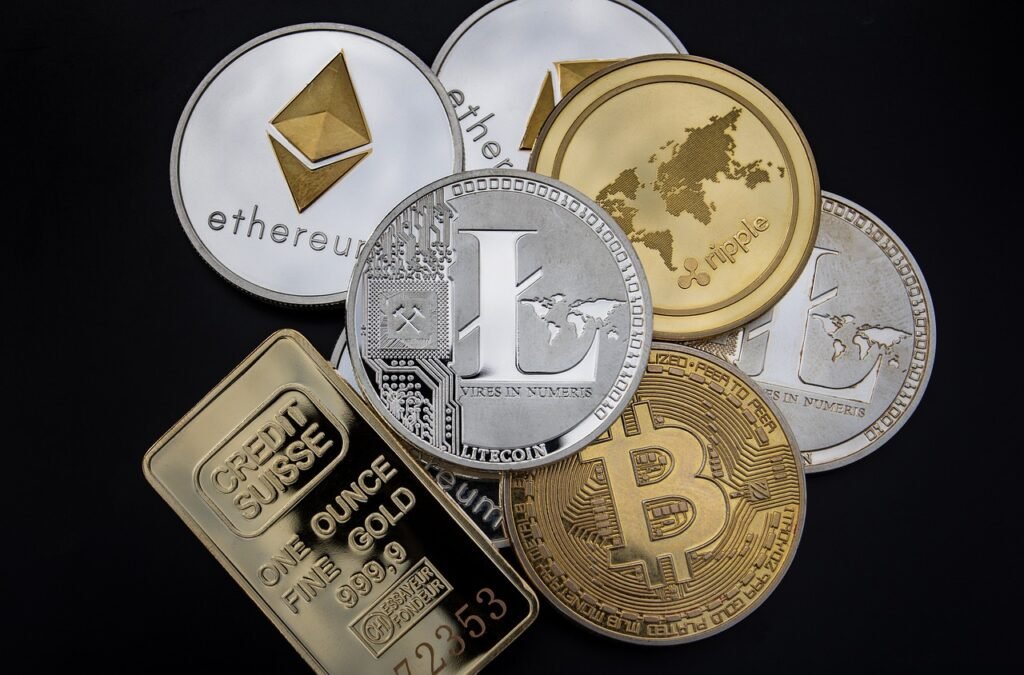Morocco is currently passing a bill on cryptocurrencies, central bank governor Abdellatif Jouari said today at an international conference in the provincial capital of Rabat. The central bank, known as Al Maghreb Bank, is “preparing a bill to regulate crypto assets, which is currently in the process of being adopted,” Jouari said.
He also said Al Maghreb Bank is considering a central bank digital currency (CBDC), according to Reuters. Unlike cryptocurrencies, which are typically decentralized, a CBDC would be controlled by the central bank.
“Regarding central bank digital currencies, and like many countries around the world, we are exploring to what extent this new form of currency could contribute to achieving certain public policy objectives, particularly in terms of financial inclusion,” he said.
Morocco has shown promise in the cryptocurrency space but has yet to establish a comprehensive regulatory framework and publicly accept cryptocurrencies in everyday business.
Although digital currencies have been banned in Morocco since 2017, the country has secured a place in the top 20 countries with the highest Bitcoin usage. A recent survey by financial website Insider Monkey found that 4.9% of the total population will own some form of cryptocurrency in 2022, putting the country’s cryptocurrency adoption index at 14.
Morocco led the North African region and ranked 50th in global cryptocurrency adoption as of January 2022, according to a report by Brunei-based cryptocurrency payments company Triple A. The data also shows that 2.4% of Moroccans use or own digital assets. According to the latest data for 2021, the country ranks fourth in cryptocurrency trading volume ($6 million) across Africa, behind Nigeria, South Africa and .
“The country still has a long way to go to implement crypto-friendly regulations and for the government and population to accept cryptocurrencies as a mainstream payment method,” the report said.
Recall that the IMF called on countries to regulate the cryptocurrency sector in 2022. The agency also warned about the dangers of legalizing digital assets such as Bitcoin. A few months later, the Bank of Morocco acknowledged the growth of cryptocurrencies in the country, announcing that it was “in contact with central banks of friendly countries, such as Switzerland and France, to learn from their expertise and experience.”
Jouari also confirmed that the institution was in discussions with two other major financial institutions. He noted that the introduction of cryptocurrencies in the country is a matter of “when” and not “if” as cryptocurrencies “represent the future.”
“Currently, we cannot adopt cryptocurrencies given the lack of regulatory and legislative frameworks both nationally and internationally. The G20 and many countries stress the importance of having a crypto regulatory framework as well as a regulatory framework for CBDCs (Central Bank Digital Currencies)” he said at the time.


